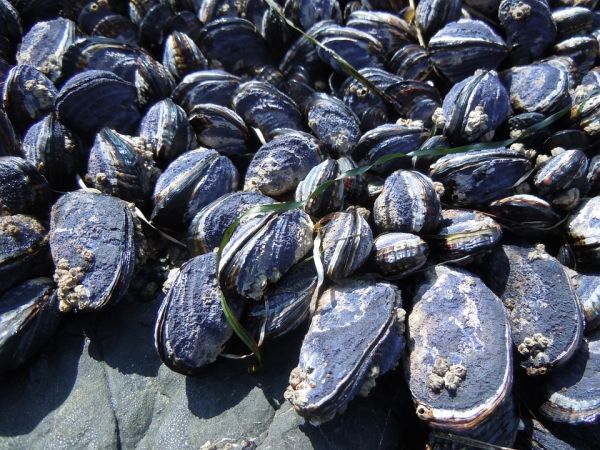The increased temperature and acidification of our oceans over the next century have been argued to cause significant physical changes in an economically important marine species.
Scientists from the University of Plymouth exposed blue mussels (Mytilus edulis) to current and future levels of ocean acidification (OA) or warming (W), as well as both together – commonly known as OAW.
Initial comparison of mussel shells showed that warming alone led to increased shell growth, but increasing warming and acidification led to decreased shell growth indicating that OA was dissolving their shells.
However, analysis using cutting edge electron microscopy of the shell crystal matrix or 'ultrastructure' revealed that, in fact, warming alone has the potential to significantly alter the physical properties of the mussels’ shells, whereas acidification mitigated some of the negative effects.
Read more at University of Plymouth
Photo Credit: barenose via Pixabay


